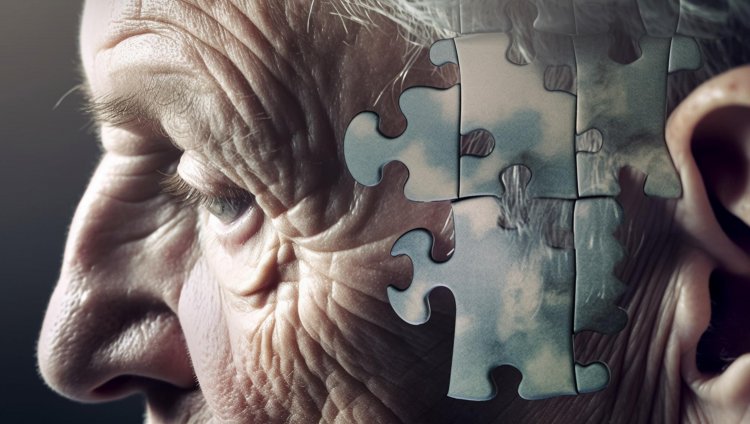Beyond Words: Exploring the Depths of Aphasia
Aphasia is a communication disorder that affects a person's ability to speak, understand speech, read, and write. It is typically caused by damage to the language areas of the brain, most commonly due to stroke. This article aims to provide a comprehensive overview of aphasia, including its types, diagnosis, and treatment options.

Types of Aphasia
There are several types of aphasia, each with its own characteristics and symptoms:
Broca's Aphasia
Also known as non-fluent aphasia, individuals with Broca's aphasia struggle to speak fluently. They may have difficulty forming sentences and producing speech sounds. However, their comprehension abilities are relatively preserved.
Wernicke's Aphasia
This type of aphasia, also called fluent aphasia, is characterized by fluent but nonsensical speech. Individuals with Wernicke's aphasia may have trouble understanding spoken and written language.
Global Aphasia
Global aphasia is the most severe form of aphasia, affecting all aspects of language comprehension and production. Individuals with global aphasia may be unable to speak or understand language.
Anomic Aphasia
Anomic aphasia is characterized by difficulty finding the right words when speaking or writing. While individuals with anomic aphasia may understand language well, they struggle to recall specific words.
Conduction Aphasia
Conduction aphasia is marked by difficulty repeating words or phrases, despite intact comprehension and fluent speech. Individuals with conduction aphasia may exhibit word-finding difficulties and produce speech that is fluent but filled with paraphasias (substituted words).
Diagnosis of Aphasia
Aphasia is typically diagnosed through a combination of language assessments and neurological evaluations. Speech-language pathologists (SLPs) play a crucial role in diagnosing and evaluating aphasia. The evaluation may include:
- Assessment of speech production, including fluency, grammar, and articulation.
- Evaluation of language comprehension through tasks such as following commands and answering questions.
- Examination of reading and writing abilities.
- Neurological examination to identify potential causes of aphasia, such as stroke or brain injury.
Treatment of Aphasia
While there is no cure for aphasia, various treatment approaches can help individuals improve their communication skills and quality of life. Treatment strategies for aphasia may include:
-
Speech Therapy: Speech therapy is the cornerstone of aphasia treatment. SLPs work with individuals with aphasia to improve speech production, language comprehension, reading, and writing skills. Therapy may involve drills, exercises, and conversation practice.
-
Augmentative and Alternative Communication (AAC): AAC strategies, such as using communication boards or electronic devices, can help individuals with severe aphasia communicate more effectively.
-
Group Therapy: Group therapy sessions provide opportunities for individuals with aphasia to practice communication skills in a supportive environment and learn from peers facing similar challenges.
-
Technology-Based Interventions: Advances in technology have led to the development of computer-based programs and apps designed to support language rehabilitation in individuals with aphasia.
-
Family Education and Support: Educating family members about aphasia and providing support can help improve communication within the family unit and enhance the overall well-being of individuals with aphasia.
In conclusion, Aphasia is a complex communication disorder that can significantly impact an individual's ability to communicate and participate in daily life. However, with appropriate diagnosis and treatment, many individuals with aphasia can make significant gains in their communication abilities and regain independence. Ongoing research and advances in treatment approaches continue to improve outcomes for individuals living with aphasia.
#Aphasia #LanguageDisorder #SpeechImpairment #CommunicationDifficulties #NeurologicalCondition #LanguageTherapy #StrokeEffects #BrainDamage #SpeechTherapy #AugmentativeCommunication #GroupTherapy #TechnologyInterventions #FamilySupport #Healthcare #Neurology #BrainHealth #MedicalScience #TherapeuticApproaches #CommunicationSkills #Rehabilitation #QualityOfLife
Disclaimer:
The information provided in this article is for educational purposes only and should not be considered medical advice. If you have any health concerns or are experiencing symptoms, it is important to consult with a healthcare professional, such as a doctor or clinic, for proper diagnosis and treatment. Always seek the advice of your doctor or other qualified health provider with any questions you may have regarding a medical condition. Do not disregard professional medical advice or delay in seeking it because of something you have read in this article.
What's Your Reaction?





















